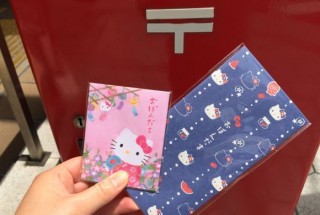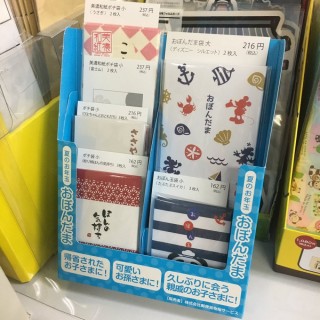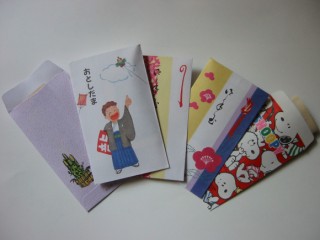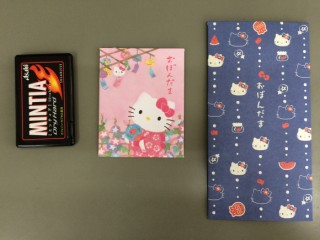Loading
Search
▼ Traditional Japanese Holiday Gets Boost With An Injection of Cold Hard Cash
- Category:Other
A lesser-known Yamagata Prefecture custom may just be what Obon needs to stave off invasive species of the holiday kingdom like Halloween, Christmas, and Easter.
Foreign holidays are fast encroaching on the Japanese landscape.
Valentine’s Day and Christmas are pretty firmly entrenched with Halloween hot on their heels. A push to get even Easter acknowledged has already begun. Although distinct from their western counterparts these celebrations threaten to take away some of Japan’s more charming original holidays.
Foreign holidays are fast encroaching on the Japanese landscape.
Valentine’s Day and Christmas are pretty firmly entrenched with Halloween hot on their heels. A push to get even Easter acknowledged has already begun. Although distinct from their western counterparts these celebrations threaten to take away some of Japan’s more charming original holidays.
One such holiday is Obon. Not as much a specific day as it is a season in the summer in which the spirits of dead ancestors are said to return to the realm of the living. Customs include returning to one’s hometown, community festivals, dancing, and making Mad Max vehicles out of eggplants.
It’s great fun but it’s also not hard to worry that younger generations might trade in their eggplants for chocolates in the similarly themed Halloween holiday. This is where the Obondama comes in.
Those well accustomed to Japanese holidays will no doubt find a resemblance to Otoshidama which is a small envelope filled with cash and handed out to kids during the New Year’s holiday, arguably the biggest holiday in Japan. Sure, the memorable date of 1 January has a lot to do with its prominence, but undoubtedly the large sums of cash doled out make it one that kids most look forward to.
▼ Otoshidama, which translates to “cha-ching” in English
It’s great fun but it’s also not hard to worry that younger generations might trade in their eggplants for chocolates in the similarly themed Halloween holiday. This is where the Obondama comes in.
Those well accustomed to Japanese holidays will no doubt find a resemblance to Otoshidama which is a small envelope filled with cash and handed out to kids during the New Year’s holiday, arguably the biggest holiday in Japan. Sure, the memorable date of 1 January has a lot to do with its prominence, but undoubtedly the large sums of cash doled out make it one that kids most look forward to.
▼ Otoshidama, which translates to “cha-ching” in English
So why not do it during Obon as well? Actually, Yamagata Prefecture has been doing exactly this since the Edo era well over a century ago. In fact, the post office is currently selling special Obondama envelopes in a variety of sizes.
▼ If Hello Kitty already has her paws dipped in it, you know its lucrative.
Much like that tweet, reaction to the Obondama was not all positive. Opinions were split presumably along the lines of people young enough to receive them and people old enough to have to give them.
“I want an Obondama!!!”
“No!!! Stop!!!”
“Obondama please.”
“Instead of money, how about handing out extra homework?”
“Obondama ought to be given to husbands instead.”
“I have never heard that Japanese word in my life.”
Shallow and materialistic? You bet, but so are most of the biggest holidays. The Obondama will almost certainly catch on and, along with Mountain Day (a new holiday coinciding with Obon), keep the Obon season alive in Japan for a long time to come.
- June 23, 2016
- Comment (0)
- Trackback(0)





